Causes of Corrosion in Tinplate
Tinplate corrosion occurs due to several factors, primarily related to the exposure of the tin coating and the steel substrate to moisture, oxygen, and other corrosive agents:
- Electrochemical Reactions: Tinplate is made of a thin tin coating over steel. If the tin coating is scratched or damaged, exposing the steel underneath, the steel can start corroding due to electrochemical reactions between the steel, oxygen, and moisture.
- Moisture Exposure: Water or high humidity can penetrate the tin coating, especially through defects or imperfections, leading to rust formation on the underlying steel.
- Acidic or Alkaline Substances: When tinplate comes into contact with acidic or alkaline substances (e.g., certain foods or industrial chemicals), it can accelerate corrosion, particularly at vulnerable spots like seams or welds.
- Temperature Changes: Fluctuations in temperature can cause expansion and contraction of the tinplate, leading to micro-cracks in the coating, through which corrosion agents like air and moisture can seep.
- Poor Coating Quality: If the tin layer is too thin or applied unevenly, the steel underneath is more susceptible to corrosion.
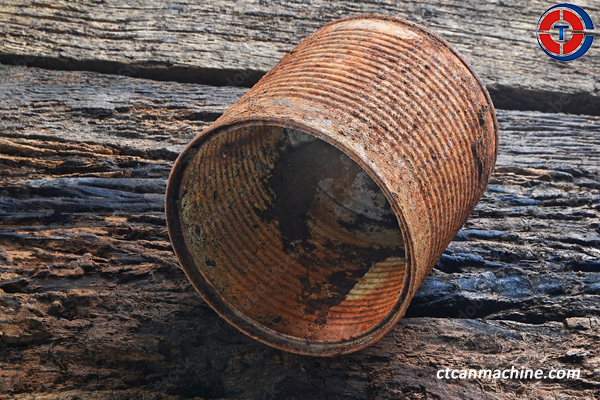
Prevention of Tinplate Corrosion
- Proper Coating Application: Ensuring that the tin coating is thick enough and uniformly applied reduces the risk of exposure to the steel substrate.
- Protective Coatings: Applying an additional protective layer, such as lacquers or polymer films, can help seal the tinplate, preventing moisture and oxygen from reaching the steel.
- Control of Environment: Limiting exposure to moisture and corrosive agents by storing and transporting tinplate in controlled, dry environments can significantly reduce corrosion risk.
- Good Seaming/Welding: Proper welding and seam protection (e.g., using specialized coatings and cooling systems) help prevent weak points that could become corrosion-prone areas.
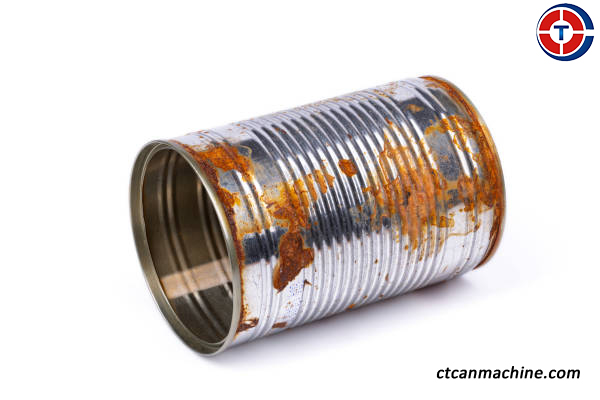
Changtai Intelligent's Coating Machine Advantages
The Changtai Intelligent Coating Machine offers advanced features that contribute to corrosion prevention, especially in the context of tinplate welding:
- Connected with the welding machine: Seamless integration with the welding machine ensures that the coating is applied immediately after welding, reducing exposure time for the weld seam to oxygen and moisture, which can prevent corrosion.
- Cantilever upward suction belt conveying design: This design makes it easy to apply powder coatings or sprays consistently, ensuring that the coating is uniformly distributed across the surface, covering potential corrosion spots.
- Convenient for powder spraying: The system is optimized for powder spraying, ensuring even coating over the weld seam, which is typically a vulnerable area for corrosion due to high temperatures and mechanical stress.
- Front compressed air cooling: The cooling mechanism prevents the weld seam from retaining excess heat, which could otherwise cause powder agglomeration or glue foaming. High temperatures often lead to defects in the coating layer, making the seam more susceptible to corrosion.
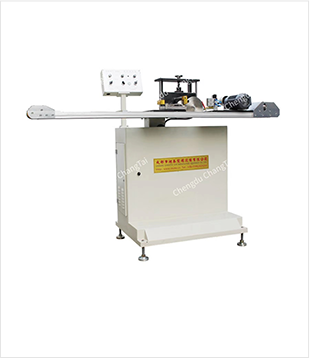
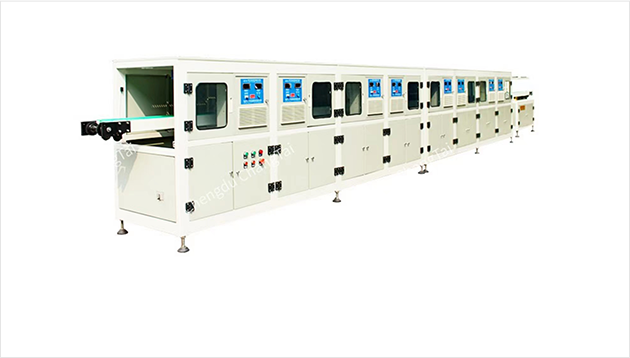
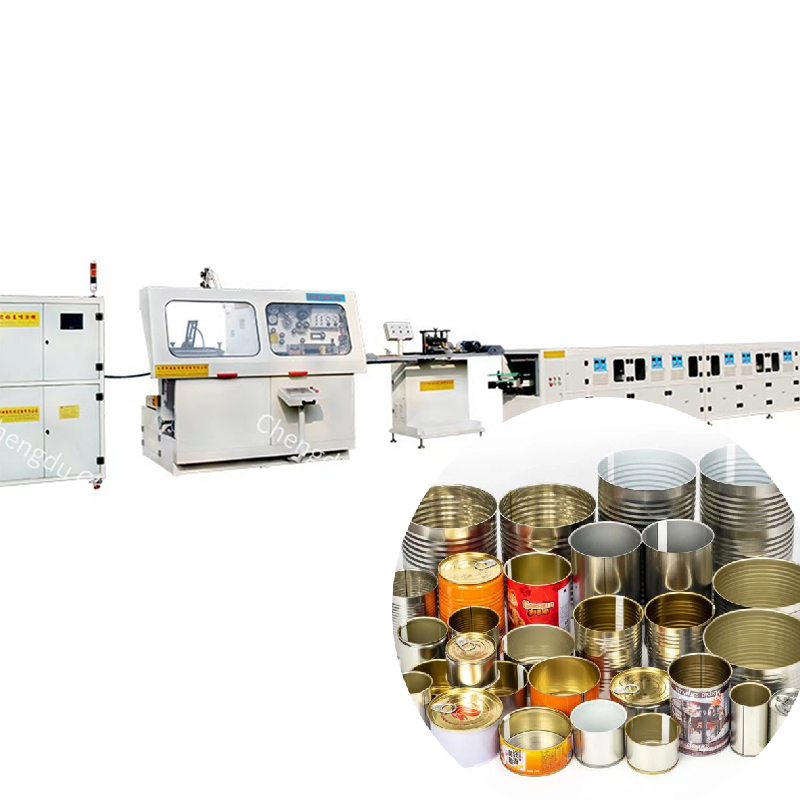
This coating machine by Changtai Intelligent is designed to enhance both the quality and protection of the tinplate weld seam, which is critical for preventing corrosion, especially in environments where the metal is exposed to moisture or corrosive substances.
Chengdu Changtai
The manufacturing process of metal cans is a multi-step procedure that requires precision at every stage. From tinplate slitting to welding, coating, and final assembly, each step relies heavily on specialized machines to ensure quality and efficiency. Chengdu Changtai Intelligent, with its range of advanced machinery such as the Canbody Welder, Metal Can Welder, Tinplate Slitter, and other specialized equipment, plays a crucial role in supporting manufacturers in producing high-quality metal cans for various applications, including food packaging and paint buckets.
By using innovative technologies and reliable machinery from companies like Chengdu Changtai Intelligent, manufacturers can ensure their metal can production lines operate efficiently, meeting the high demands of today's market.
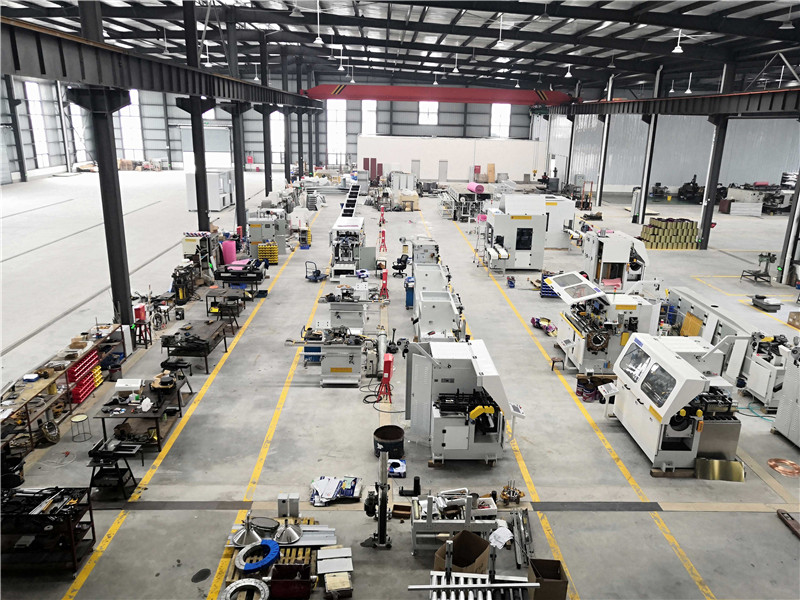
Post time: Dec-08-2024


